Dove’s New ‘Real Virtual Beauty’ Ad Campaign Calls On Gamers “To Challenge The Narrow Definitions Of Beauty Still Visible In The Virtual World”
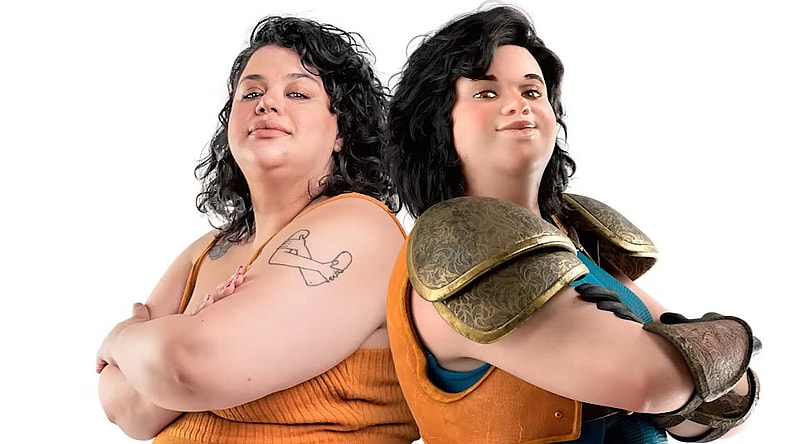
The latest brand to hop on the ‘body positive movement’, the ‘Dove’ brand has launched a new ad campaign calling on video game fans to reject “the narrow definitions of beauty” found in modern titles.
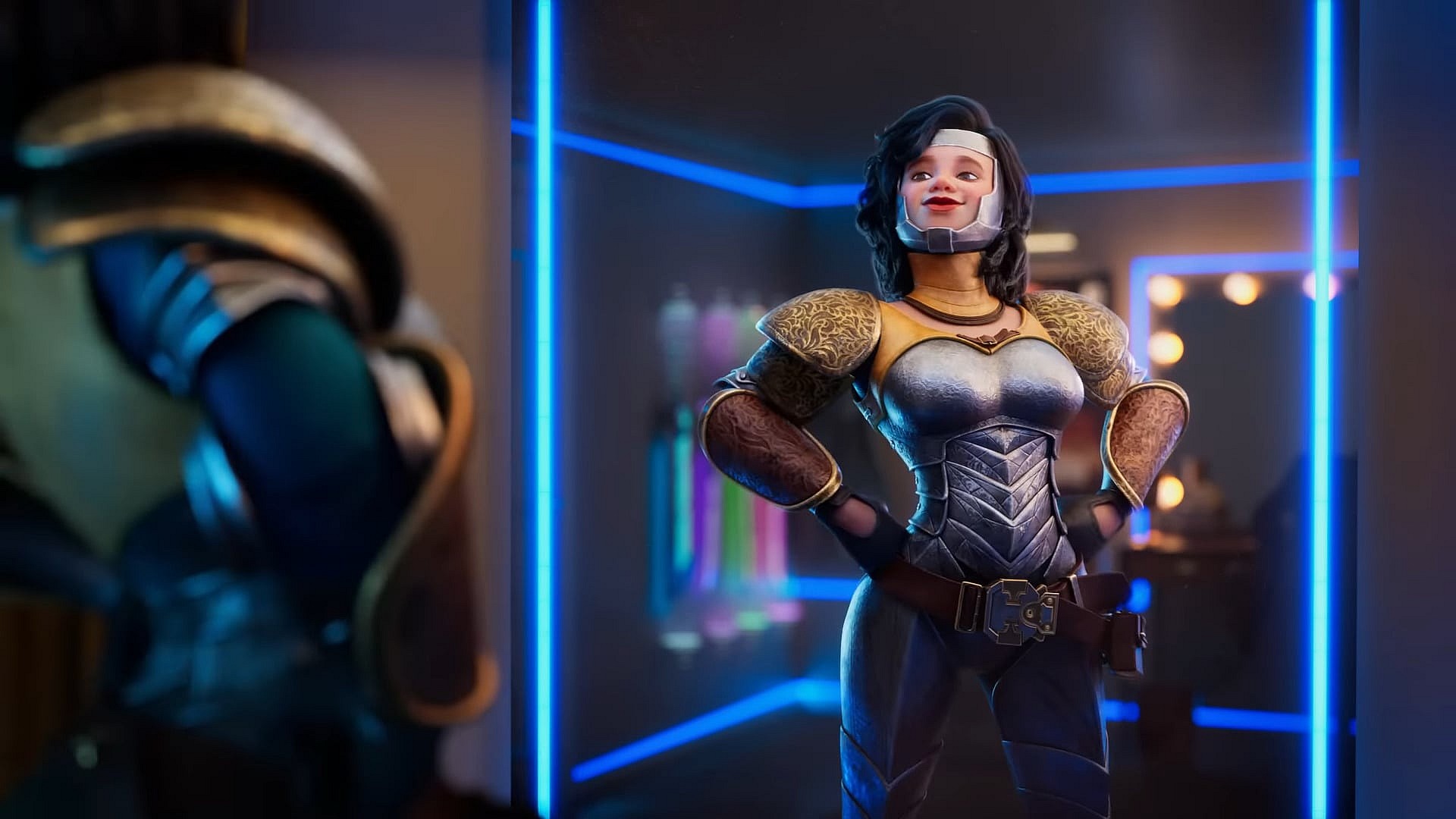
The Unilever-owned line of hygiene products first “[took] a stand against overly sexualized women in video games”on May 11th with the unveiling of a new commercial in which they called on players to “[eliminate] steotypes” and “build young players’ self-esteem & body confidence.”
Shared to the public via the official Twitter account for advertising and marketing-centric news outlet The Drum and developed in collaboration between Dove, Epic Games’ Unreal Engine education team, and the Women in Games activism organization, the ad in question opens with an establishing shot of a battleground littered with dragon bones:
From there, an ice-armed beast emerges from the rubble, only to be met by a female warrior named Cinthia – whose design seemingly draws heavy-inspiration from the titular protagonist of Battle Angel Alita and is named after a real-world player featured in Dove’s campaign – who quickly proceeds to bring him down with an energy blast from her sword.
As she lands in her victory pose, a bell rings suddenly rings out, and the digital landscape the two opponents once occupied dematerializes to reveal that they were nothing more than ‘actors’ playing the roles of their respective characters.

Cinthia then returns home to what seems to be a combination dressing-room-slash-apartment, only to become slightly dismayed after catching her fully-suited up, shapely figure in a mirror.
Attempting to ‘own’ her look with a heroic pose, she soon gives up on her facade and proceeds to both free her larger frame from the restrictive confines of her armor as well as wipe some make-up from her face.
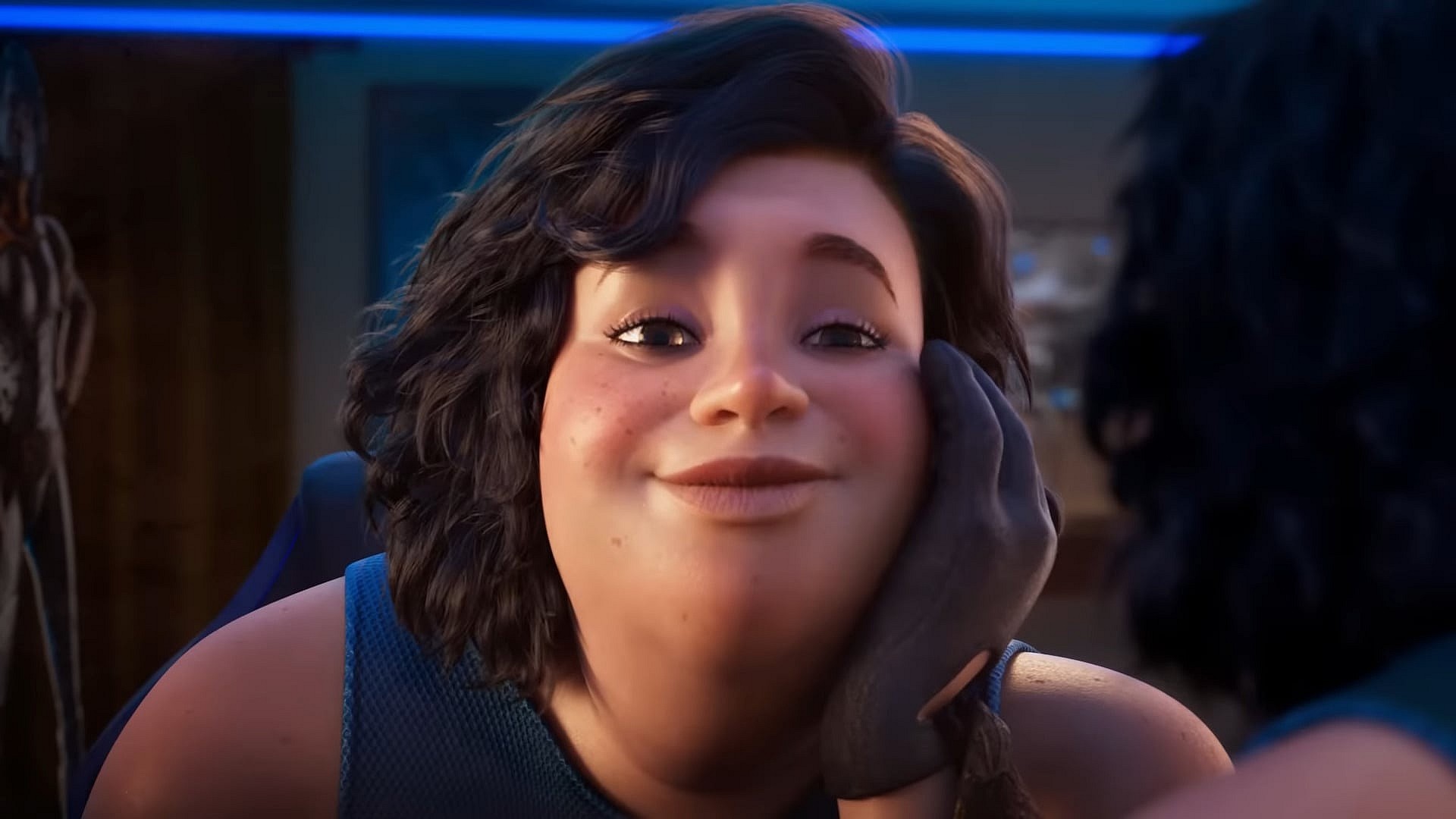
Now relaxed and comfortable, her break is soon interrupted by the ‘return to set’ bell.
However, before returning to her job, she takes a long look at her reflection in the mirror. Coming to terms with her own appearance, the heroine then proceeds to gear-up and return to set, this time sans her defensive gear.
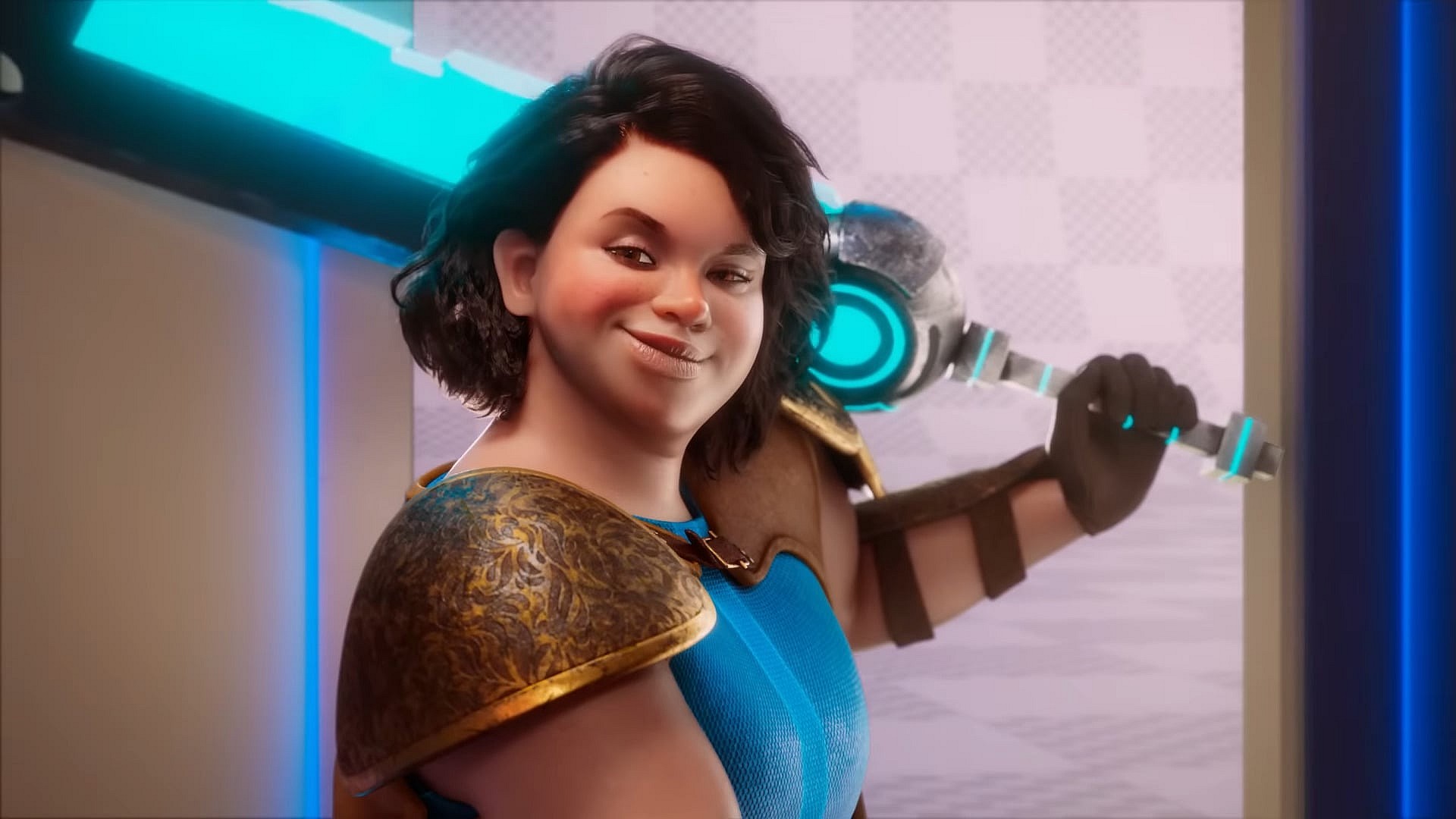
“74% of girls feel underrepresented in video games,” the ad then reads, citing a 2022 study conducted by Dove, the aformentioned Women in Games, and the Centre for Appearance Research, which is apparently based on a simple survey and whose methodology has not been publicly released. “We partnered with Unreal Engine and Women in Games to change this.”
Showing off the results of this partnership, the ad then replays its previous battle scene, only this time with Cinthia’s original model replaced with her more ‘representative’ one.
As Cinthia crosses her arms for one final victory pose, the ad concludes, “Let’s make virtual beauty, real.”
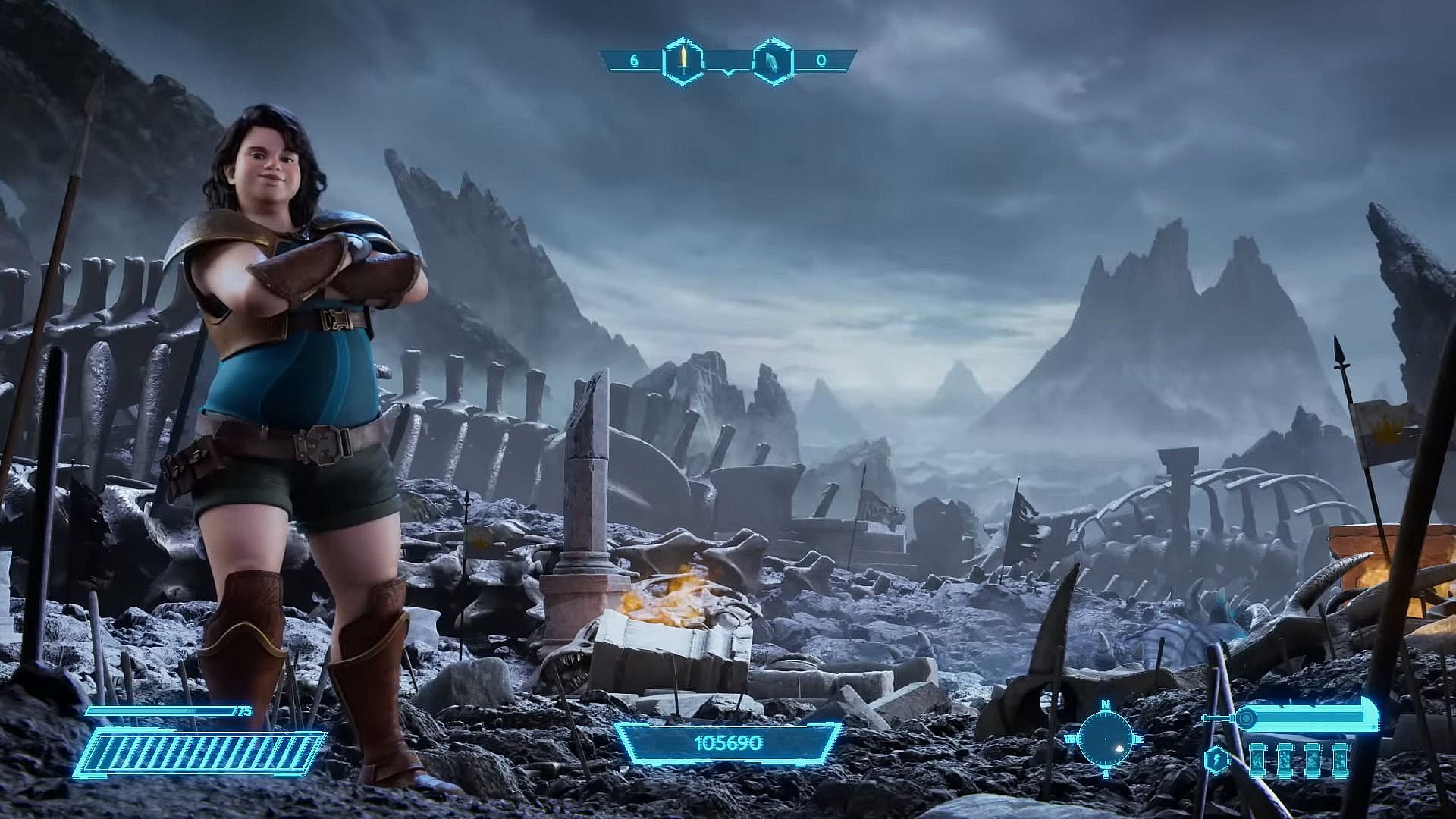
In a promoting provided to The Drum in promotion of the campaign, Dove global VP Leandro Barreto asserted, “Dove believes that beauty should be a source of confidence, not anxiety, in every aspect of life, both real and virtual.”
“Although the games industry has made significant strides to become more inclusive, progress needs to be accelerated to challenge the narrow definitions of beauty still visible in the virtual world,” she added. “Together without partners, we hope to make a real impact on the millions of women and girls who spend their free time playing games.”
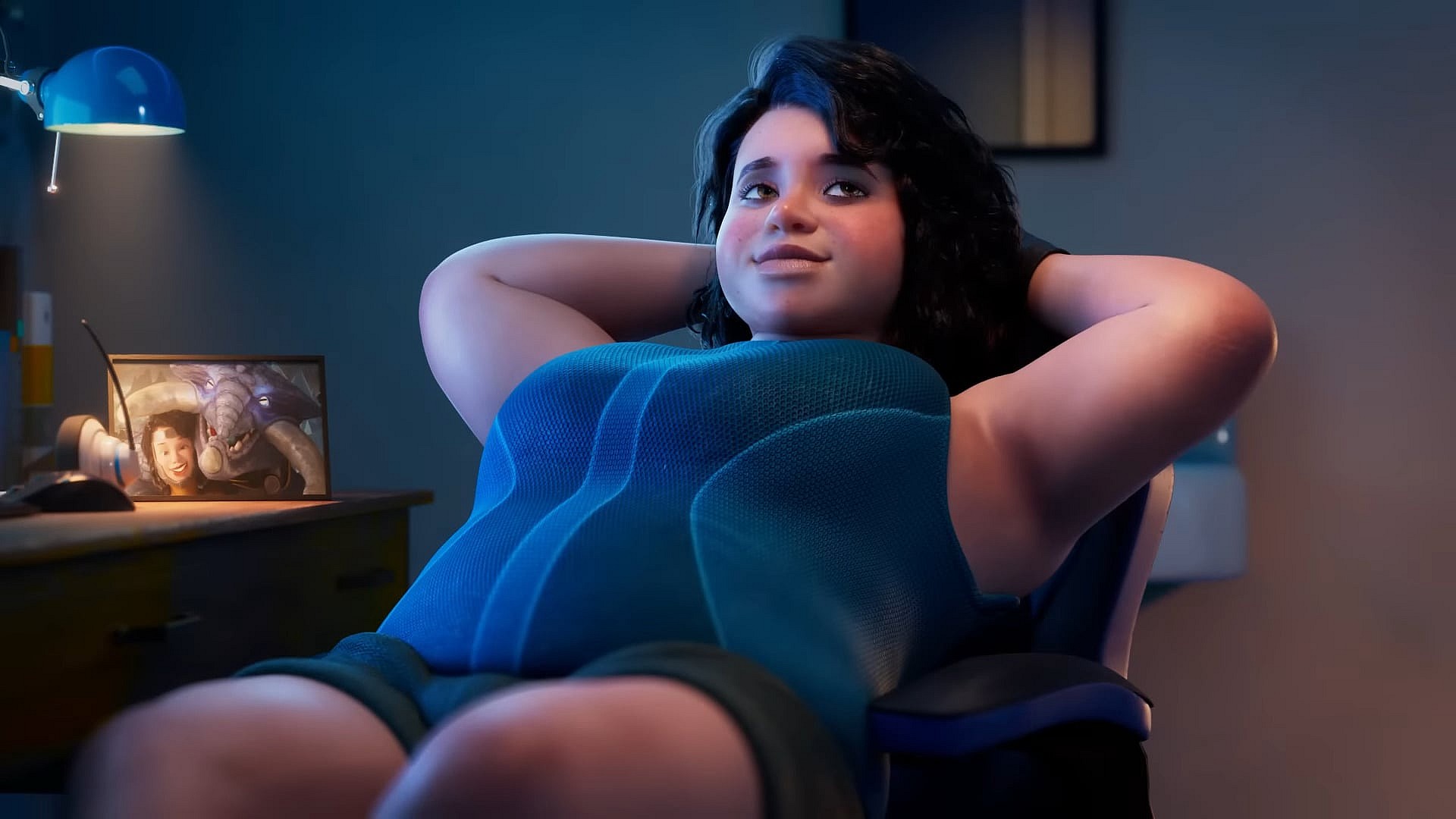
As per the ‘Real Virtual Beauty‘ official website, the campaign’s efforts will include not just the above ad, but also an exclusive Roblox game centered on “a school for kids with superpowers that’s under siege by a group of rogue students spreading negativity” and a “Real Beauty in Games Training programme – an online course designed to educate developers, creators and artists about beauty and diversity in gaming.”
“Gamers want true-to-life diversity even in the fantasy realm of gaming, but there’s work to be done on female representation in video games – especially when it comes to the creation of avatars,” explained the campaign of its training programme. “Featuring modules developed in partnership with the Centre for Appearance Research (CAR), the Dove Self Esteem Project (DSEP), and industry experts, the course will help teach creators how to avoid unconscious bias across the stages of avatar and character development, giving female players an opportunity to redefine how they are represented across the gaming experience.”
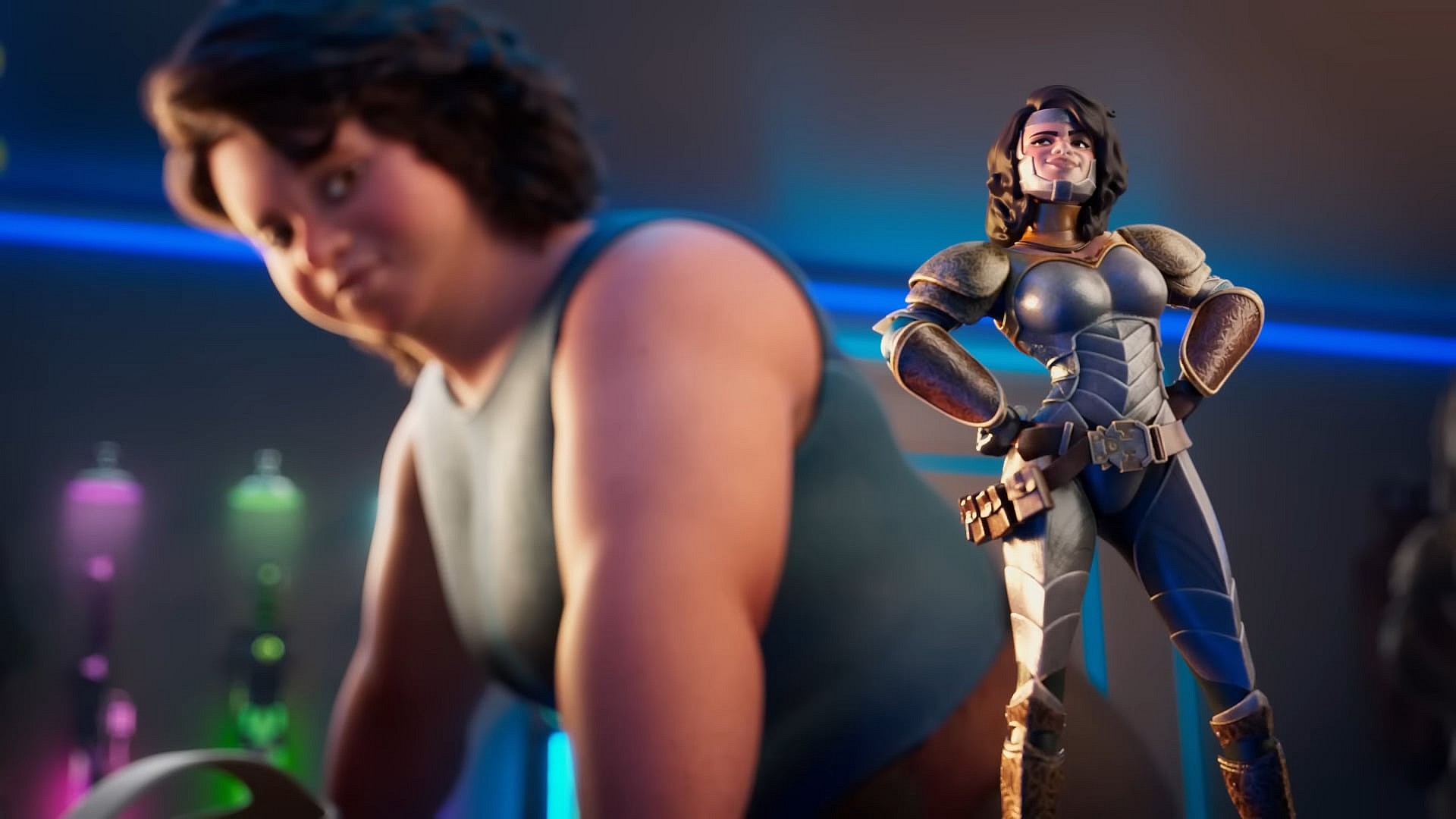
Unfortunately for Dove’s latest attempt at virtue signaling, research does not support the ideas on which their entire campaign is predicated upon.
Per a 2022 study conducted by researchers Christopher J.Ferguson – who is perhaps best known for his work debunking the similar claims that violent video games inspire likewise behavior – James D.Sauer, Aaron Drummond, Julia Kneer, and Emily Lowe-Calverleyb, “sexualization in games was neither related to well-being/body dissatisfaction nor sexism/misogyny”.
“Better designed studies, and those that showed less evidence for researcher expectancy effects (for sexism/misogyny outcomes), tended to find less evidence for effects,” they explained. “As appears commonly in other realms of media effects, the evidence is weak that sexualized games influence player attitudes and behavior.”
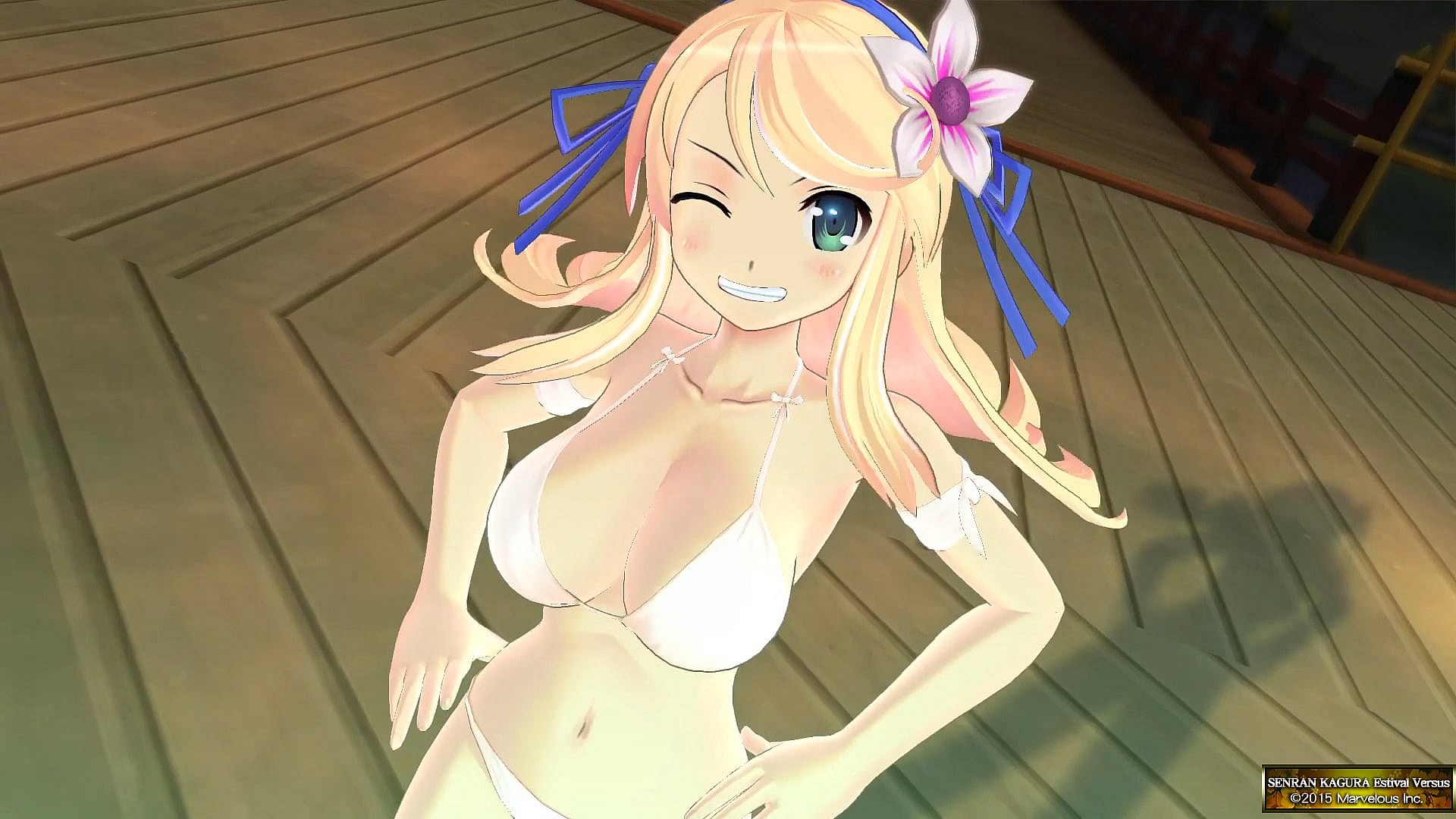
Speaking to these findings during a later interview with the psychology-centric news outlet PsyPost, Ferguson asserted, “Overall, the ‘moral panic’ over video games and sexualization is pretty much following the ‘paint-by-numbers’ pattern of the video game [violence] debate. Lots of hyperbole and moral outrage, but very little evidence that video games are causing any ‘harm’ to either male or female players.”
“As a purely ‘public health’ issue, this doesn’t appear to be much of a concern at all,” Ferguson condemned. “That doesn’t mean people can’t advocate for better representations of females in games. They just need to be cautious not to make claims of ‘harm’ that can be easily debunked, thereby calling into question what might otherwise be reasonable advocacy goals.”
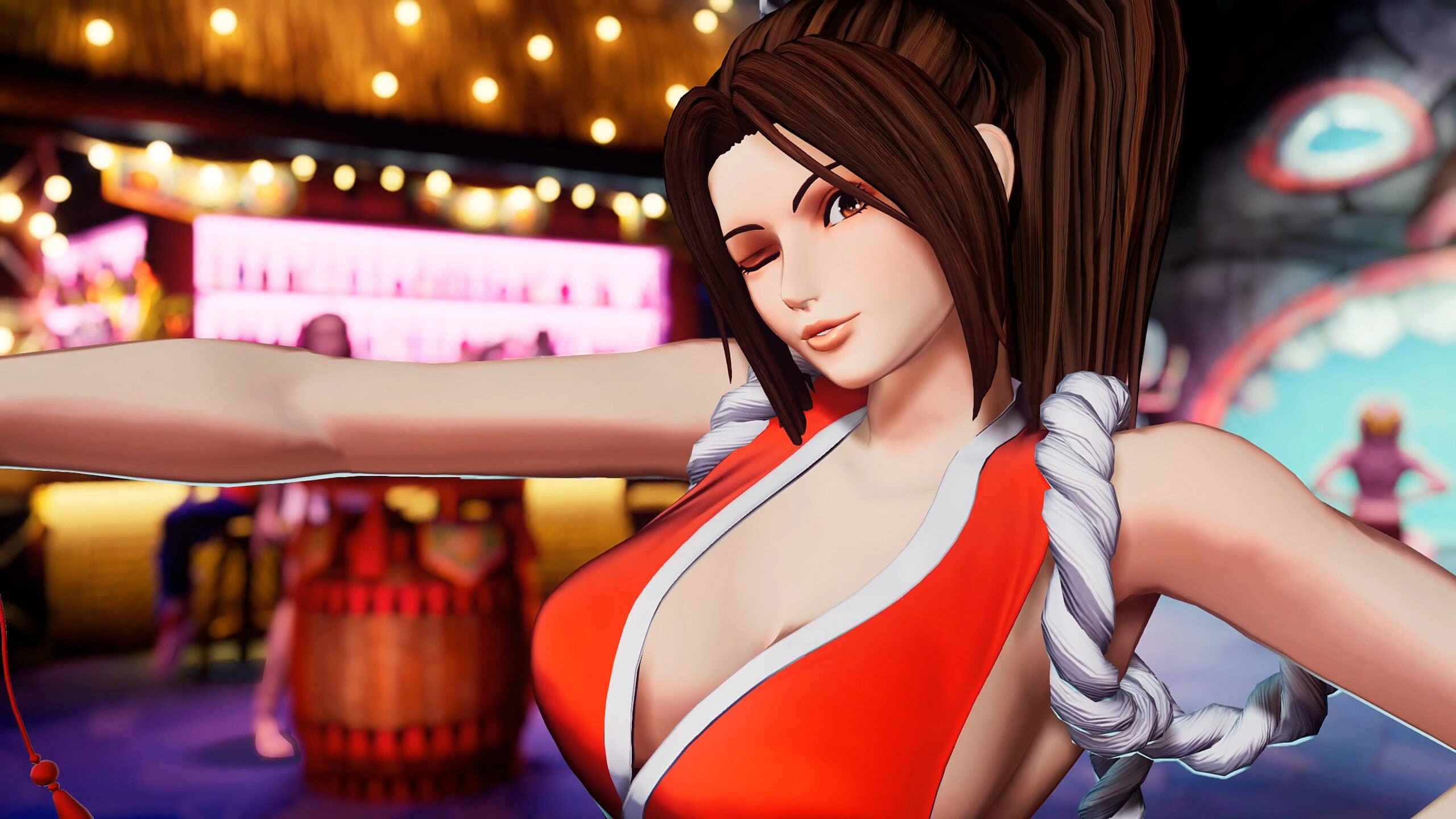
NEXT: ‘Bayonetta 3’ Introduces Option To Toggle Sexualized Content With New ‘Naive Angel Mode’
